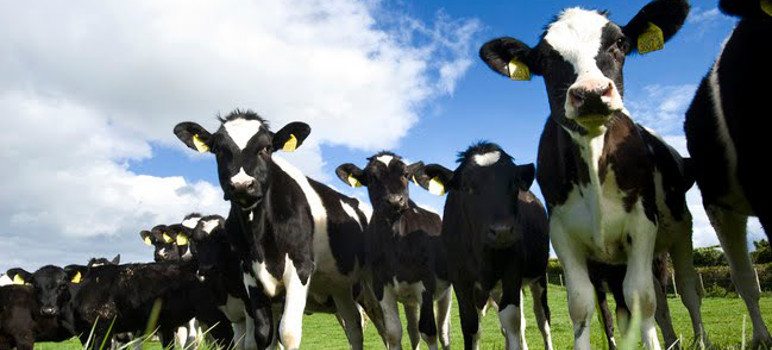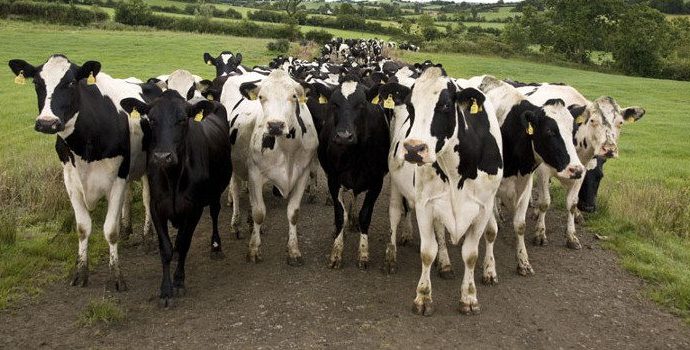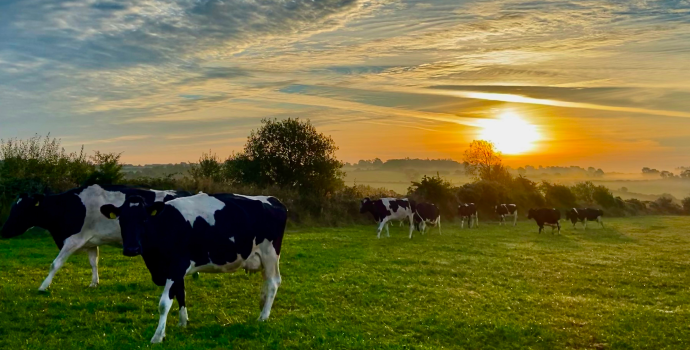
IFA President Joe Healy said the Glanbia/Kepak Twenty/20 Beef Club represents much-needed new thinking for the sector. He said the model on dairy beef could deliver greater certainty on beef prices and better cashflow on farms.
The IFA President said the contract-style pricing arrangement which Glanbia pioneered on dairy has worked well for dairy farmers and this move on beef could be a first step in a similar direction. However, he said some of the detail needs closer examination. There would be concerns among farmers about having to purchase all of their inputs for all of their enterprises from Glanbia.
IFA National Dairy Chairman Tom Phelan said this scheme encourages dairy farmers to produce a quality dairy beef animal through better breeding. It gives farmers the choice of rearing calves themselves, or selling them on to fellow-farmers to be reared in a sustainable manner. “I believe it is important that all stakeholders, including co-ops, meat factories and AI societies in the beef and dairy sectors work together to develop a model for dairy beef which is sustainable and profitable for both beef and dairy farmers”.
He added that Glanbia/Kepak have explained that the scheme will be ‘anchored in the market’. Farmers must be satisfied that the price benefits under the scheme are secured from the market place and do not in any way undermine beef prices outside the scheme.
IFA National Livestock Chairman Angus Woods said this move from Glanbia/Kepak involving greater certainty and reducing the risks on price is a new and important step forward for the beef sector.
Angus Woods said the reality is that for any beef system to be viable, including dairy beef, it must return a price above the cost of production and leave a margin for the farmer.
He said it is very important that beef farmers understand the precise details of the scheme, particularly the pricing model which is based on average quoted factory prices and the QPS (Quality Payment System) with additional bonuses.
Angus Woods said it appears that the ask from farmers in the scheme will evolve over time. Glanbia and Kepak must communicate this clearly and support farmers to generate the level of trust required for this scheme to progress and develop beyond the first two years of the pilot stage.
The IFA said they will be discussing the details of the scheme with both the National Dairy and National Livestock Committees as well as farmers on the ground to ensure their views are taken on board.



